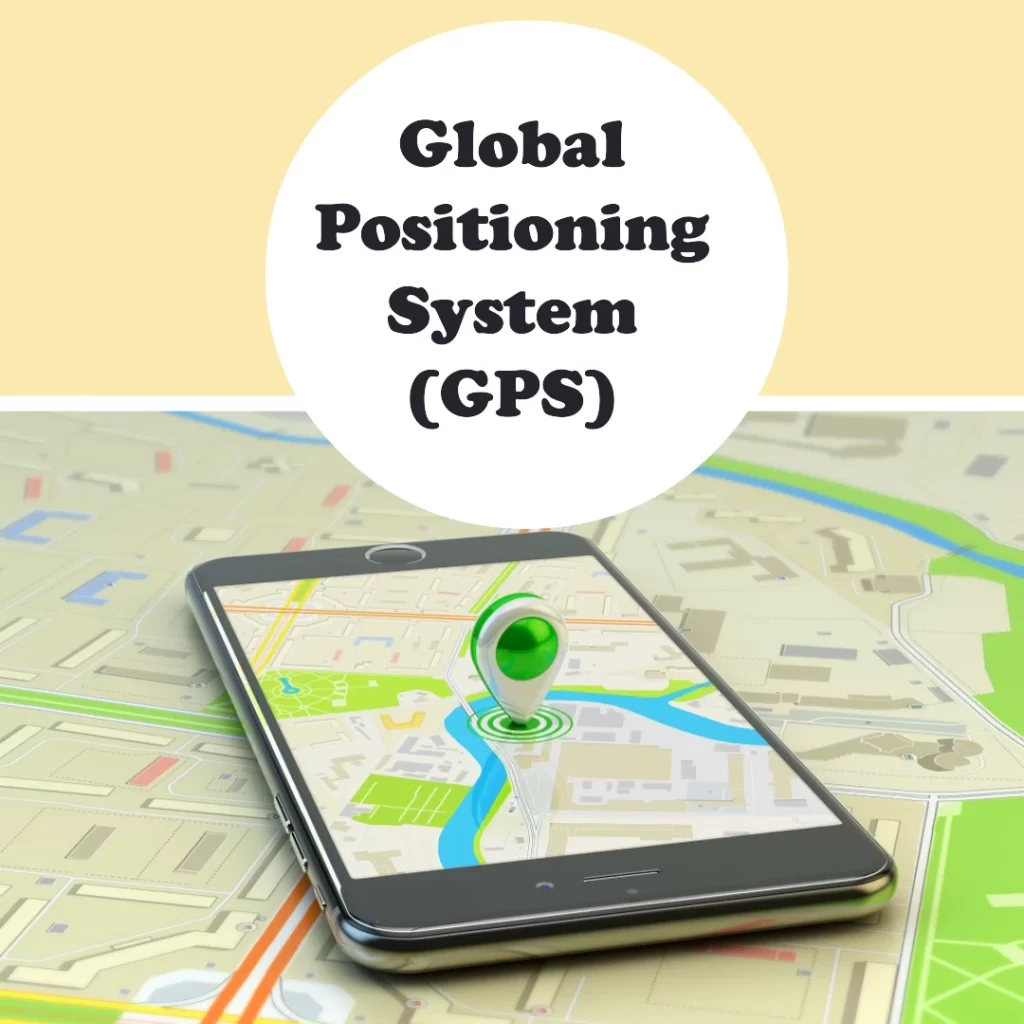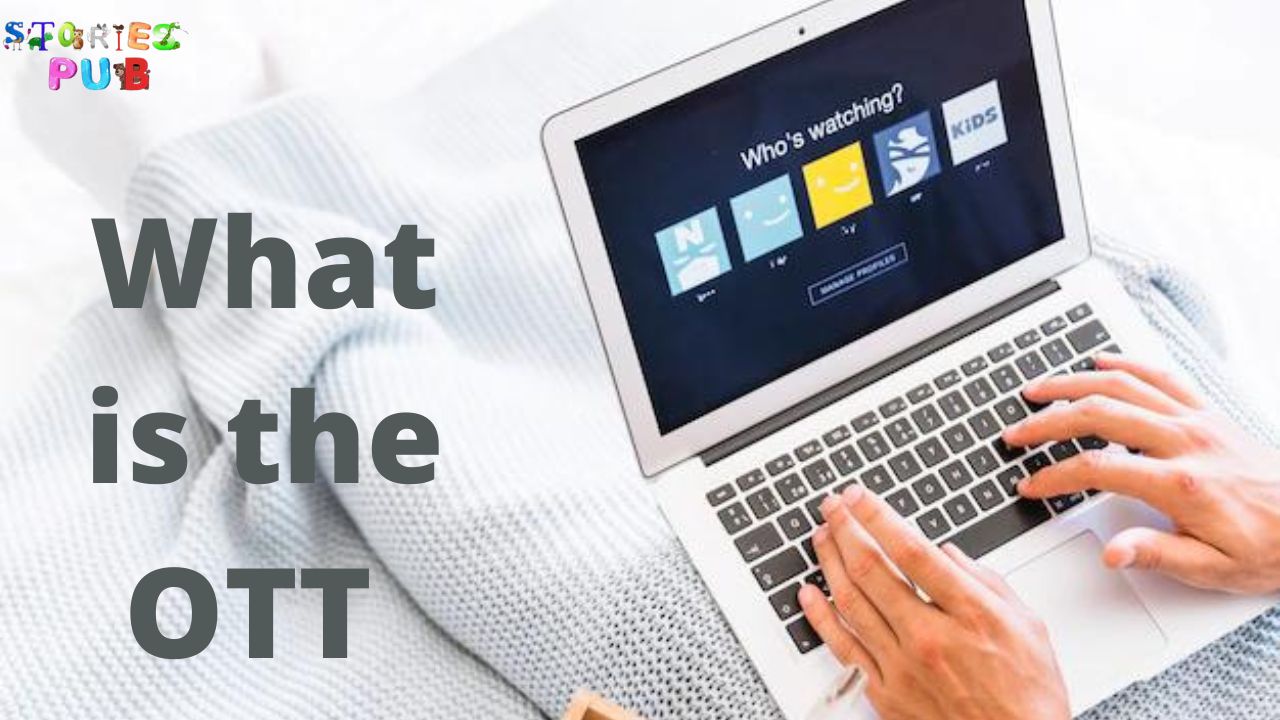Summarize this Article with:
GPS Technology full form: Advantages and Challenges

The Global Positioning System, sometimes known as GPS, is a crucial component of our contemporary society since it offers exact positioning, navigation, and timing data. GPS has become a pervasive technology that affects many facets of our everyday lives. This is whether it’s helping us navigate strange locations, monitoring our fitness activities, or tracking item arrival.
GPS is a system of satellites and ground-based receivers that gives us remarkably accurate information about our position, speed, and direction. In this article, we will examine the concept of GPS. We will discuss its significance and pervasiveness in contemporary life, and explain how GPS functions. This will unravel the mysteries of this ground-breaking technology.
History of GPS
The U.S. Department of Defence (DOD) began investigating satellite-based navigation and location in the 1950s, when GPS first appeared. The U.S. military launched test satellites in the 1960s and 1970s, providing the foundation for GPS development.
The launch of the first functioning GPS satellite in 1978, which signalled the start of the GPS satellite constellation, is one of the major turning points in GPS technology development. The DOD made GPS available for civilian use in the 1980s, resulting in numerous civilian applications.
GPS was first created as a military technology for navigation, targeting, and other applications. However, it also found civilian uses in industries including travel, aviation, agriculture, first aid, and more.
Due to its ability to provide accurate positioning, navigation, and timing data in real-time, GPS has emerged as a crucial tool for organizations, governments, and people all over the world. GPS has revolutionized the way we navigate, communicate, and conduct business.
It has shaped our world in many ways and become an essential component of contemporary living. It is still changing as technology develops and various uses are created.
What is the full form of GPS?
GPS stands for Global Positioning System. The acronym itself gives a hint about what the technology is all about, but let’s takes a closer look at each term in the acronym and their significance in relation to GPS technology.
Global: The global positioning system, or GPS, can deliver location and timing data anywhere on or near the Earth’s surface. Because GPS relies on a network of satellites orbiting the Earth, this is conceivable.
Positioning: As its name implies, positioning refers to pinpointing the location of a person or an object, and is the main use of GPS. GPS devices’ ability to determine their own position depends on GPS receivers that connect to GPS satellites.
System: GPS is a complicated system made up of satellites, ground control stations, and user devices. GPS satellite signals are used to determine the user’s position and deliver precise location data.
How is GPS used in everyday life?
Navigation and Mapping: GPS is used for mapping and navigation both in cars and on foot. GPS devices can provide turn-by-turn directions to help cars get to their destination, while hikers and other outdoor enthusiasts can also use GPS-enabled devices to find their way across challenging terrain. Digital maps that are extremely precise can now be accessible from a computer or smartphone thanks to GPS technology.
Location-Based Services: Many location-based services, including ride-sharing applications, food delivery services, and social media websites, employ GPS. These services track the user’s location via GPS and deliver pertinent information based on that location. For example, nearby restaurants, events, or friends’ GPS is also used for geotagging, which enables users to annotate images, videos, and other content with location information.
Emergency Services: GPS technology is essential for emergency services, such as ambulance services, disaster response, and search and rescue activities. Emergency personnel may save lives by using GPS devices to locate and travel to an emergency swiftly and effectively. Personal emergency response devices that use GPS technology enable users to call for assistance and identify their location in an emergency.
What are the benefits of GPS technology?
Improved accuracy and efficiency in various industries: GPS technology has greatly increased precision and efficiency in many industries, including transportation, logistics, and agriculture. Precision agricultural tools, delivery management systems, and other GPS-enabled equipment have helped businesses streamline processes and cut expenses. For instance, GPS tracking can assist fleet managers in optimizing routes, reducing fuel consumption, and enhancing delivery times.
Enhanced safety and security: GPS technology has improved transportation, emergency services, and personal safety. It is simpler to follow and respond to emergencies, such as accidents or natural disasters when GPS devices offer real-time location information. Additionally, GPS technology can enhance the recovery of stolen vehicles as well as prevent theft.
Environmental advantages: GPS technology can also help the environment by cutting down on pollutants and fuel use. GPS-enabled gadgets can lower fuel consumption and emissions by optimizing routes and cutting down on idle time, which will result in a more environmentally friendly and sustainable transportation sector. GPS technology can also help lessen agriculture’s environmental impact.
Limitations and challenges of GPS
Signal interference and obstructions: Structures, trees, and other barriers can interfere with GPS signals. This can result in erroneous location data, particularly in metropolitan areas or regions with plenty of trees or buildings. Radiofrequency interference (RFI), which can result in signal loss or degradation, can also obstruct GPS signals.
Privacy issues: GPS tracking of people or cars might cause privacy issues. While GPS can be an effective tool for emergency services or law enforcement, it can also be used for unauthorized tracking or surveillance. This has raised questions concerning GPS data gathering and use, especially in terms of individual privacy.
Dependence on technology and potential for errors: GPS technology is heavily reliant on technology, which makes it susceptible to malfunctions or errors of a technical nature. For instance, software flaws or atmospheric conditions might cause GPS equipment mistakes. Additionally, there is a danger of being overly dependent on GPS technology, which may result in complacency and a lack of alternative navigational abilities.
Future of GPS
Accuracy improvement: Thanks to developments in satellite systems and receiver technology, GPS technology is more accurate. For instance, the newly launched GPS III satellites the US Air Force launched are intended to deliver more precise and reliable signals-even in difficult settings.
Integration with other technologies: The Internet of Things, augmented reality, and artificial intelligence are just a few examples of the other technologies GPS is integrating with. Location-based advertising, smart city infrastructure, and connected cars are just a few examples of the upcoming applications and services that this integration may make possible.
New services and applications: Precision agriculture, tracking animals, and virtual reality gaming are just a few of the cutting-edge uses for GPS technology. New applications and services should appear as technology advances.
Improved energy efficiency: GPS technology is becoming more energy-efficient due to developments in satellite systems and low-power receivers. This might result in GPS-enabled products having longer battery lives and logistics and transportation using less energy.
Improved accuracy and efficiency in various industries: GPS technology has greatly increased accuracy and efficiency. Precision farming tools, delivery management systems, and other gadgets with GPS capabilities have helped businesses streamline processes and cut costs. For instance, GPS tracking can assist fleet managers in optimizing routes, reducing fuel consumption, and enhancing delivery times.
Enhanced safety and security: GPS technology has enhanced safety and security in many areas, including transportation, emergency services, and personal safety. GPS devices can provide real-time location information, making it easier to track and respond to emergencies, such as accidents or natural disasters. GPS technology can also help prevent theft and improve the recovery of stolen vehicles and other assets.
Benefits for the environment: GPS technology helps cut emissions and fuel use. GPS-enabled gadgets can lower fuel consumption and emissions by optimising routes and decreasing idle time, which will result in a more environmentally friendly and sustainable transportation sector. Using precision farming techniques that utilise less fertilizer and pesticides is another way that GPS technology can reduce the environmental impact of agriculture.
Conclusion
GPS technology has changed how we travel, interact, and conduct business. It delivers increased productivity and accuracy across a number of industries, improved safety and security, and is beneficial for the environment. GPS technology is ubiquitous in contemporary culture. It is crucial to keep developing and advancing GPS technology as we move forward.
Various applications and services are possible thanks to improvements in receiver technology, satellite systems, and technological integration. To ensure that GPS technology continues to fulfil modern society’s needs and remains an effective and helpful tool for years to come, it is imperative to invest in research and development.
FAQs
What is GPS?
Global Positioning System, or GPS, is a satellite-based navigational system that offers time and location data.
How does GPS Work?
GPS uses a system of satellites to send signals to GPS receivers on the ground, enabling them to pinpoint their exact location.
How is GPS used most frequently?
GPS is frequently used for mapping and navigation, location-based services, emergency services, and in a variety of sectors including logistics, agriculture, and transportation.
Is GPS accurate today?
The answer is yes; current GPS receivers may provide position data with an accuracy of a few meters. GPS technology is quite accurate.
Hey kids, how much did you like GPS Technology full form: Advantages and Challenges, Please share your view in the comment box. Also, please share this story with your friends on social media so they can also enjoy it, and for more such Full form, please bookmark storiespub.com.













